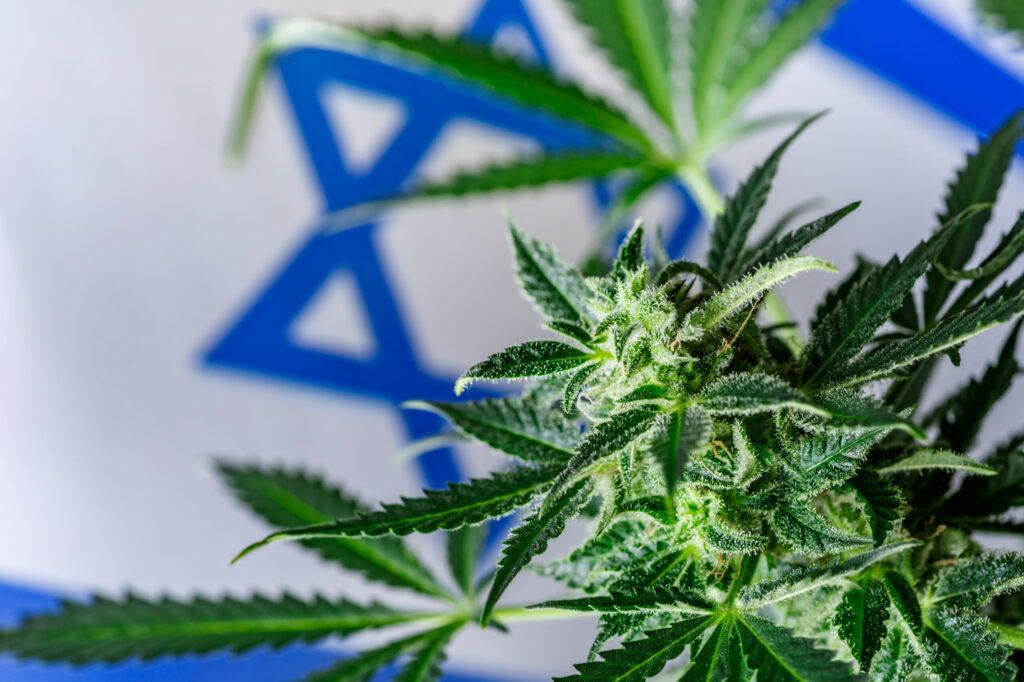Israel’s medical cannabis program is one of the most established and research-driven in the world, with roots stretching back to the early 1990s. The country was among the first to formally authorize cannabis for therapeutic use, building on decades of pioneering cannabinoid research led by scientists such as Professor Raphael Mechoulam. Over the years, Israel’s approach has evolved into a highly regulated, patient-focused system that integrates scientific innovation, strict quality controls, and a willingness to adapt policy based on evidence. By 2025, Israel has not only maintained its reputation as a leader in medical cannabis research but also emerged as the world’s largest importer of cannabis, bringing in more than 33,000 kilograms in 2022 alone. This combination of research expertise and global market participation positions Israel as a key influencer in the future of cannabis-based medicine.
Early Authorization and Research Foundations

The roots of Israel’s medical cannabis program lie in groundbreaking cannabinoid research that began decades before legalization. In the 1960s and 1970s, Israeli scientists were among the first to isolate, synthesize, and study cannabinoids, laying the foundation for modern medical use. In the early 1990s, the government began allowing limited cannabis access for patients with severe conditions such as cancer-related pain, epilepsy, and multiple sclerosis. This early adoption of a regulated medical program allowed researchers to study the effects of cannabis in clinical settings, generating valuable data that influenced both domestic policy and global understanding of cannabinoid therapy. The program’s early years were characterized by close collaboration between researchers, healthcare providers, and government regulators, ensuring that medical cannabis was introduced with a strong scientific and ethical framework.
Expansion and Regulatory Oversight
Over the past three decades, Israel has steadily expanded its list of qualifying conditions, prescription pathways, and cultivation standards. The program is administered by the Israeli Ministry of Health, which strictly controls licensing for growers, manufacturers, and distributors. Patients must obtain prescriptions from specially authorized physicians, and all products are tracked through a centralized system to ensure quality, consistency, and compliance. The regulatory model includes rigorous testing for potency, contaminants, and safety, making Israeli medical cannabis among the most controlled in the world. Domestic production has grown alongside imports, but in recent years, supply shortages and rising patient demand have led to increased reliance on international suppliers. This import strategy ensures continuity of care while allowing access to diverse strains and product formulations.
Becoming the World’s Top Cannabis Importer
By 2022, Israel had become the world’s largest importer of medical cannabis, bringing in over 33,000 kilograms from countries including Canada, Portugal, and Uganda. This volume far exceeds that of many other markets and reflects both the scale of Israel’s patient base and the country’s high standards for medical-grade products. Imports are carefully vetted to meet Israeli regulations, with suppliers required to adhere to Good Agricultural and Collection Practices (GACP) and Good Manufacturing Practices (GMP). The reliance on imports also highlights the global interconnectedness of the medical cannabis industry, with Israel serving as a central hub for testing, research, and product evaluation. In 2025, this international sourcing model continues to provide patients with consistent access to high-quality products while supporting Israel’s position as a leader in the global cannabis trade.
Research-Driven Future

Research remains at the heart of Israel’s medical cannabis program. The country continues to fund clinical trials investigating cannabis’s efficacy for conditions such as chronic pain, autism spectrum disorders, inflammatory bowel disease, and PTSD. Collaborations between Israeli universities, biotech companies, and international research institutions are producing innovative delivery methods and new cannabinoid formulations. This commitment to science ensures that policy decisions remain evidence-based and patient-focused. Looking ahead, Israel’s role as both a research powerhouse and a major importer gives it a unique influence on global cannabis trends. As more countries develop their own medical cannabis programs, Israel’s experience offers valuable lessons on balancing patient access, product quality, and scientific integrity—an approach that has shaped its reputation as a true pioneer in cannabis medicine.






Leave a Reply